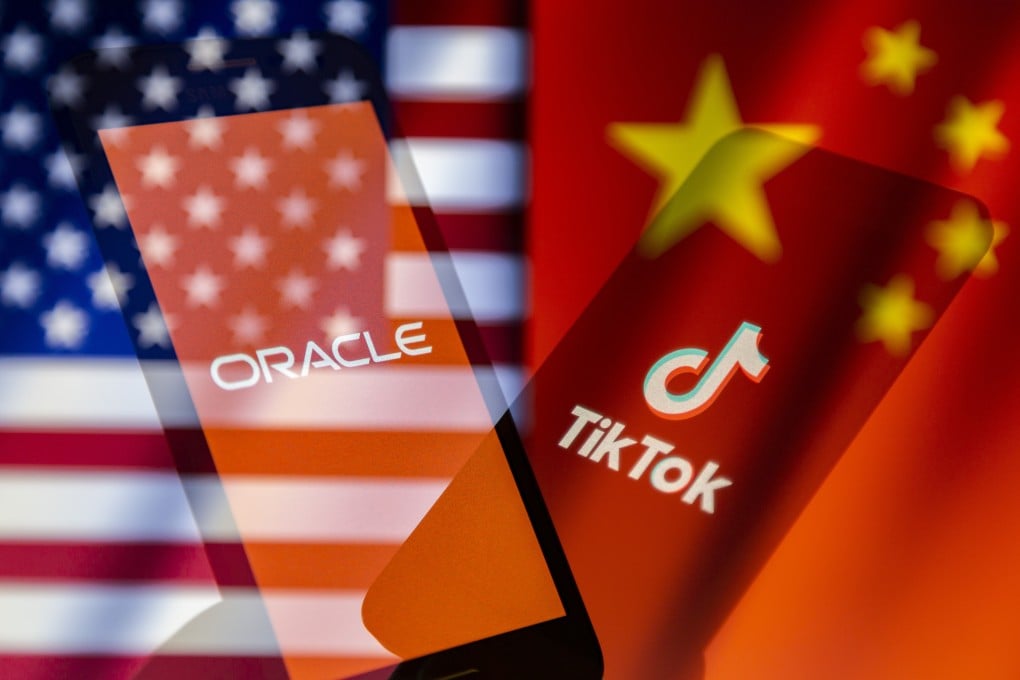China’s state-owned media pour vitriol on ByteDance-Oracle deal, indicating Beijing approval could be a pipe dream
- State media have carried several critical opinion pieces on the US TikTok deal, indicating Beijing is not in a hurry to approve

Ever since news hit that ByteDance had agreed a deal with Oracle Corp and Walmart for its US TikTok operations to satisfy White House demands, there has been a stream of critical commentaries from China’s state-owned media, throwing the agreement into further doubt.
The state-owned China Daily, which calls itself “the national English-language newspaper”, in an editorial on Thursday described recent White House action against ByteDance as “banditry” and that “Beijing is unlikely to condone the White House’s strong-arm acquisition.”
“After all, no deal is better than a deal made under duress,” it wrote.
The deal between the Chinese owner of the global short video hit and the Oracle-led group faces hurdles in obtaining approval from both the White House and Beijing, with Trump wanting US control to safeguard national security and Beijing reluctant to approve a deal that looks like a US victory.
ByteDance said last week it had applied for a technology export licence to comply with China’s recently-revised tech export rules, even though it has said that the current proposal “does not involve the transfer of any algorithms and technologies”. Oracle will have the authority to access the source code of TikTok US for security checks only.
The People’s Daily online, a website under the Chinese Communist Party’s official paper, ran a three-part series of critical opinion pieces last week.